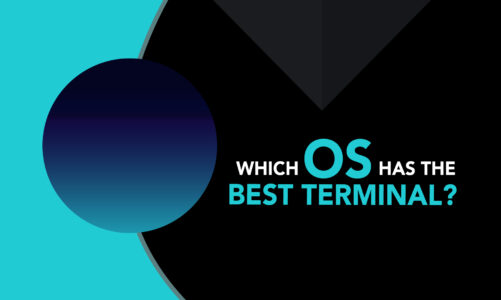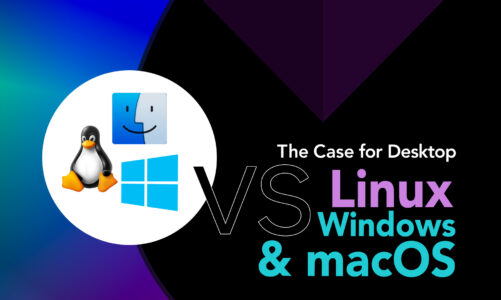FreeBSD and Linux are two of the most popular open-source operating systems that have a lot in common. Both of these options provide outstanding performance, stability, and security, and they have expansive communities of developers and users who actively contribute to their continued development.
With all that said, when it comes to the decision of which open-source OS is superior, there is a tough battle between the two. Both systems have their strengths and weaknesses, which make them suitable for specific tasks and purposes. Let’s explore them and see what option we come out with.
What is FreeBSD?
FreeBSD is a free and open-source operating system with a focus on speed, stability, and advanced features for a variety of platforms. Based on BSD, this operating system provides advanced networking, performance, security, and compatibility features that are not typically available in other operating systems.
It is an ideal choice for Internet or Intranet servers, with robust network services and memory-efficient processing.
FreeBSD has wide-ranging support for various applications, including over 33,000 libraries and applications that are ported for use across different environments such as desktops, servers, appliances, and embedded systems. It is easy to install and available free of charge, with the source code included.
What is Linux?
Linux is a highly popular operating system that is widely used across various devices such as smartphones, supercomputers, and desktops. Due to its dependable, secure, and adaptable nature, this operating system is widely preferred by users. Additionally, it manages all the hardware resources that are connected to your computer. The operating system is composed of various components, including the bootloader, kernel, Init system, daemons, graphical server, desktop environment, and applications.
FreeBSD vs Linux
1: Kernel Architecture and Design Differences
One of the most significant differences between FreeBSD and Linux is their kernel architecture and design. FreeBSD uses a monolithic kernel, which means that all operating system components run in kernel mode. Linux, on the other hand, uses a modular kernel, which allows users to load and unload kernel modules dynamically. This makes Linux more flexible than FreeBSD, as it allows users to customize the kernel to their specific needs.
2: Hardware Support and Compatibility
FreeBSD and Linux are capable of supporting various types of hardware, such as x86, ARM, and PowerPC processors. Nevertheless, Linux has a stronger hold on supporting modern hardware due to its extensive development community and access to more resources. Conversely, FreeBSD is recognized for its exceptional support for older hardware and embedded systems.
3: File Systems and Storage Management
Both FreeBSD and Linux support various file systems, including UFS, ZFS, and ext4. However, FreeBSD has better support for ZFS, as it is natively integrated into the operating system. Linux also supports ZFS, but it requires third-party packages to be installed. Additionally, FreeBSD has better support for hardware RAID than Linux, which makes it a better choice for enterprise-level storage solutions.
4: Security Features and Measures
FreeBSD is known for its strong security features and measures, which include a default installation that is configured for maximum security, support for mandatory access control, and a robust firewall. Linux also has strong security features, but it requires more configuration to achieve the same level of security as FreeBSD.
5: Availability of Software and Packages
FreeBSD and Linux offer a broad selection of software and packages, but Linux surpasses FreeBSD in terms of package availability due to its vast development community. While FreeBSD offers fewer packages, they tend to be more dependable and consistent compared to Linux packages.
6: Customizability and Ease of Use
While both FreeBSD and Linux are known for their high level of customization, Linux is generally considered to be more user-friendly and easier to use than FreeBSD. This is partly due to the modular kernel design of Linux, which allows users to customize the kernel to their specific needs more easily.
Final Thought
Choosing between FreeBSD and Linux depends on the user’s or organization’s specific needs. FreeBSD prioritizes stability and security, while Linux prioritizes versatility and flexibility. Linux is more popular and widely adopted, while FreeBSD is mainly used in academic and research environments. Both operating systems have a bright future and are strong options for those seeking a stable and reliable open-source operating system.



